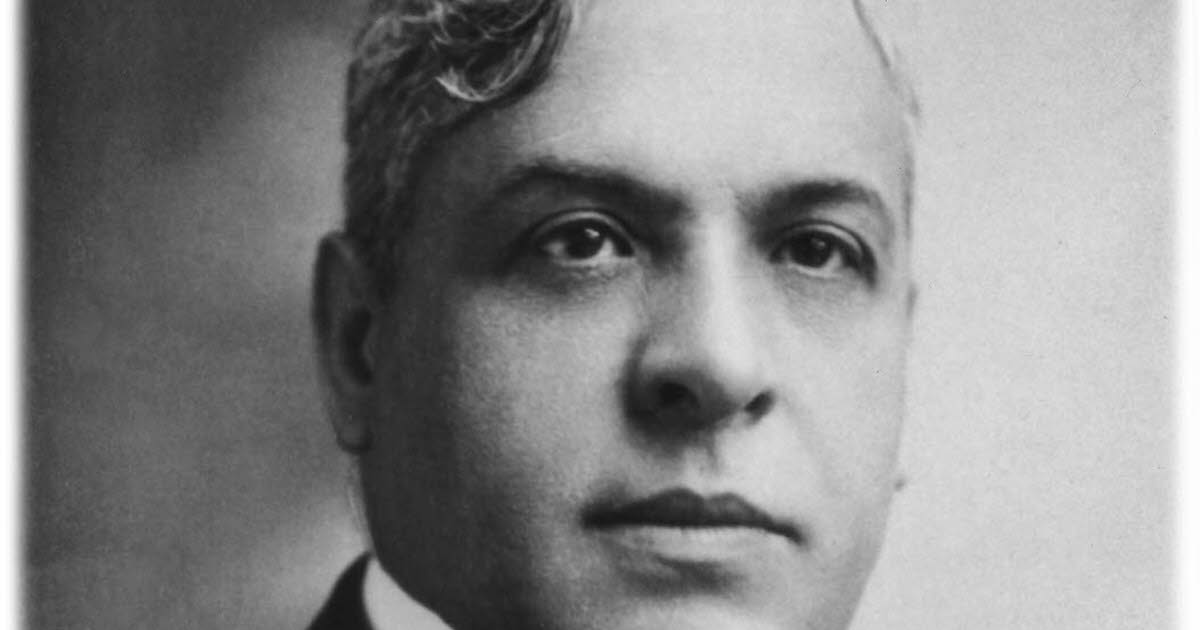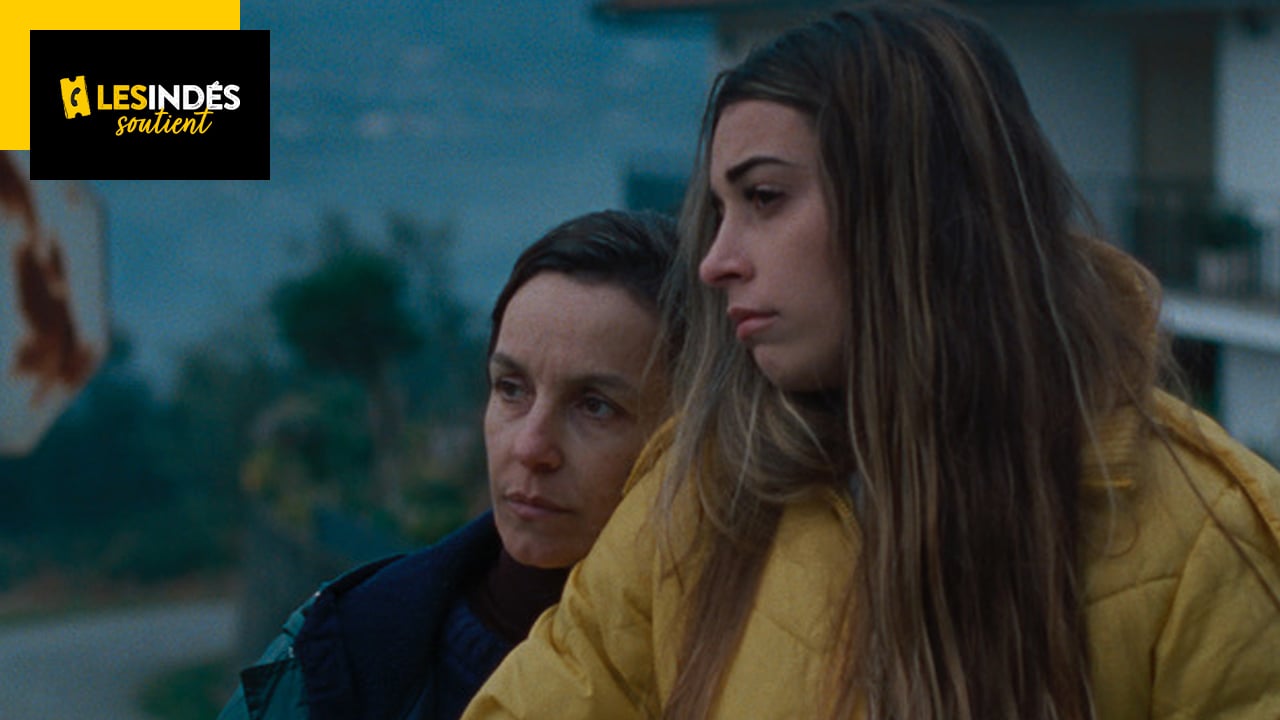
If Oscar Schindler is known around the world thanks to the Steven Spielberg movie released in 1993, then it is not the same for Aristides de Souza Mendes. The diplomat’s historical memories also allow us to better know the person who, in a few days of June 1940, rescued the thousands of refugees who arrived in Bordeaux by granting them visas to Portugal, in order to facilitate their departure for the United States. Or Latin America or Africa. Among all those he saved, many unknown artists, intellectuals and politicians. We note Zeta de Bourbon-Parme, the last Empress of Austria-Hungary and her children, Grand Duchess Charlotte of Luxembourg, General Leclerc or actor Marcel Dalio.
Aristides de Sousa Mendes do Amaral e Abranes was born on July 19, 1885 into an old family of royal and conservative Catholic nobles in central Portugal. He studied law at the University of Coimbra and began his career at the Consulate. After many posts in different countries, in August 1938, Antonio de Oliveira Salazar, then Prime Minister of Portugal and Minister of Foreign Affairs, was awarded the position of Consul General in Bordeaux with authority over the consulates of Toulouse and Bayonne. Despite Circular No. 14 of November 11, 1939, which prohibits “foreigners of an unspecified, contested or contested nationality, stateless persons, Nansen passport holders, Russians, and Jews expelled from their country of origin or from any other aliens transiting into America But without a visa or ticket…” to enter Portugal. Souza Mendes will distribute thousands of visas without any discrimination, thus saving more than 30 thousand people, including 10 thousand Jews. He will also declare “From now on, I will grant visas to everyone, and there is no longer any nationality, race, or religion.”
Laurent Vedrine, chief curator of the Museum of Aquitaine, declared that “torn between the duty of obedience and the duty of humanity, he will lock himself up for three days before making the decision to disobey.” “Moral values were stronger than orders,” he adds. He would have made his decision after a conversation with Jacob Krueger, a rabbi from Antwerp. In his statement “I will try to help you and make you leave with your family,” the rabbi would reply, “It is not only me who should be helped, but all my brothers who are in danger of death.”
The Portuguese Consulate in Bordeaux at 14 quai Louis XVIII was always full and queues were long on the street. They went in and out. They slept on chairs, on the floor, on blankets (…). Even the offices of the Consul were crowded with refugees, exhausted, tired to death because they had spent day and night in the street and on the stairs and finally in offices This disobedience deserves to be punished by the consul, he will be relieved of his duties at the end of a disciplinary trial and the father of a large family, fifteen children, will face financial difficulties. He died on 3 April 1954 of a second brain hemorrhage in the hospital run by Franciscan Fathers da Ordem Terceira do Chiado in Lisbon His last words were in the words of his nephew “I have nothing to leave you but my name which is pure.” Laurent Védrine identifies, “He died alone, and died above all in oblivion.”
From the museum’s entrance hall, a majestic video statue of German sculptor Werner Klotz and fellow musician Almut Kohni about the idea of Sebastian Mendes, grandson of the Consul, is being presented for the first time in France. This work O candelabro in Portuguese, has the shape of a candlestick, and is made up of screens in which the videos and soundtrack are reflected and intertwined so as to evoke the consul and the days before his acts of disobedience. At the same time, an exhibition space was devoted to these days from June 1940 with archival photographs taken from the collections of the National Center Jean Moulin, the Gironde Archives and the Souza Mendez Foundation (posters, newspapers, photos, document officials).






